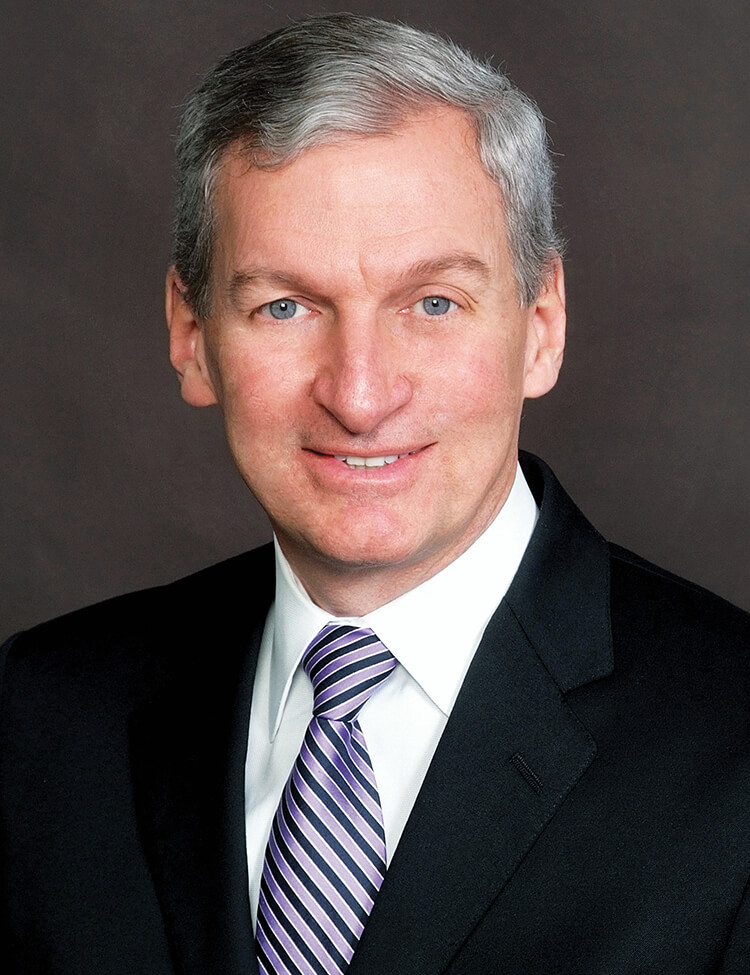
 Entrepreneur
EntrepreneurSince October 2001, Gary Shorb has served as president & CEO of Methodist Healthcare. Shorb joined Methodist in 1990 as executive vice president. Before his tenure with Methodist, he served as president of the Regional Medical Center in Memphis for four years. His community service is extensive, serving on the boards of Memphis Tomorrow, the National Civil Rights Museum, the Memphis Regional Chamber of Commerce – where he served as 2005 Board Chairman – the Memphis Bioworks Foundation, the University of Memphis Board of Visitors, the Foundation of Evangelism, and St. John’s United Methodist Church Administrative Council.
In November 2004, Shorb received the Corporate Leadership Award from Volunteer Memphis’ Corporate Volunteer Council, and in 2005, received the Alexis de Tocqueville leadership award from United Way of the Mid-South. Under Shorb’s leadership, Methodist Healthcare was named a 2004 Corporation of the Year during Minority Enterprise Development Week, an event co-sponsored by the U.S. Department of Commerce and Small Business Administration and locally hosted by the Memphis Business Development Corporation.
On October 25, 2007 at the Methodist Le Bonheur Healthcare Board meeting, the Tennessee Hospital Association honored Shorb with the Meritorious Service Award. Craig Becker, president and CEO, THA, presented the award. The award recognized Shorb for his leadership, inspiration and commitment to the faith-based mission of building a culture of patient care excellence at Methodist Le Bonheur Healthcare.
Prior to his health care career, Shorb was a project engineer with Exxon and a lieutenant commander in the U.S. Navy. He received a Bachelor of Science degree in civil engineering from Clemson University and a Master of Business Administration from Memphis State University (now the University of Memphis).
Health system with 10,000 employees, 7 hospitals, 1,000 physicians and $1.4 billion in revenue.
“‘Innovation, discovery and entrepreneurship are key to the necessary reform of the healthcare system as it exists today. Only through creative new thinking will we be able to improve health status, see better outcomes clinically and lower per capita costs. All goals we must achieve.”